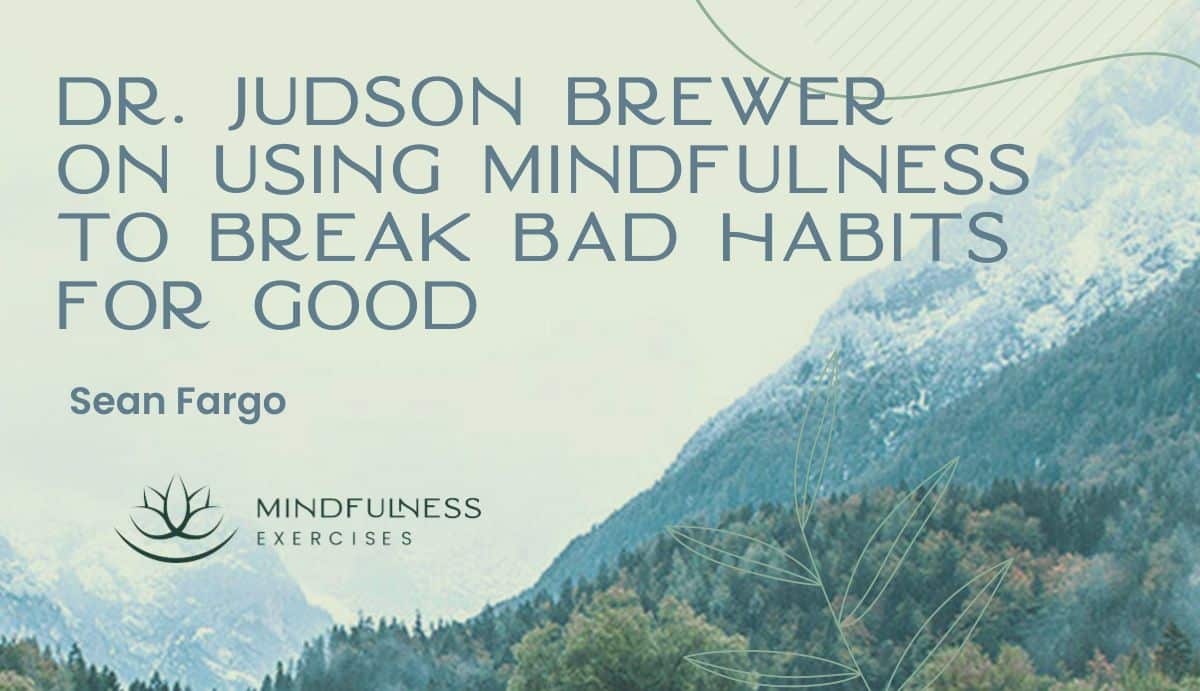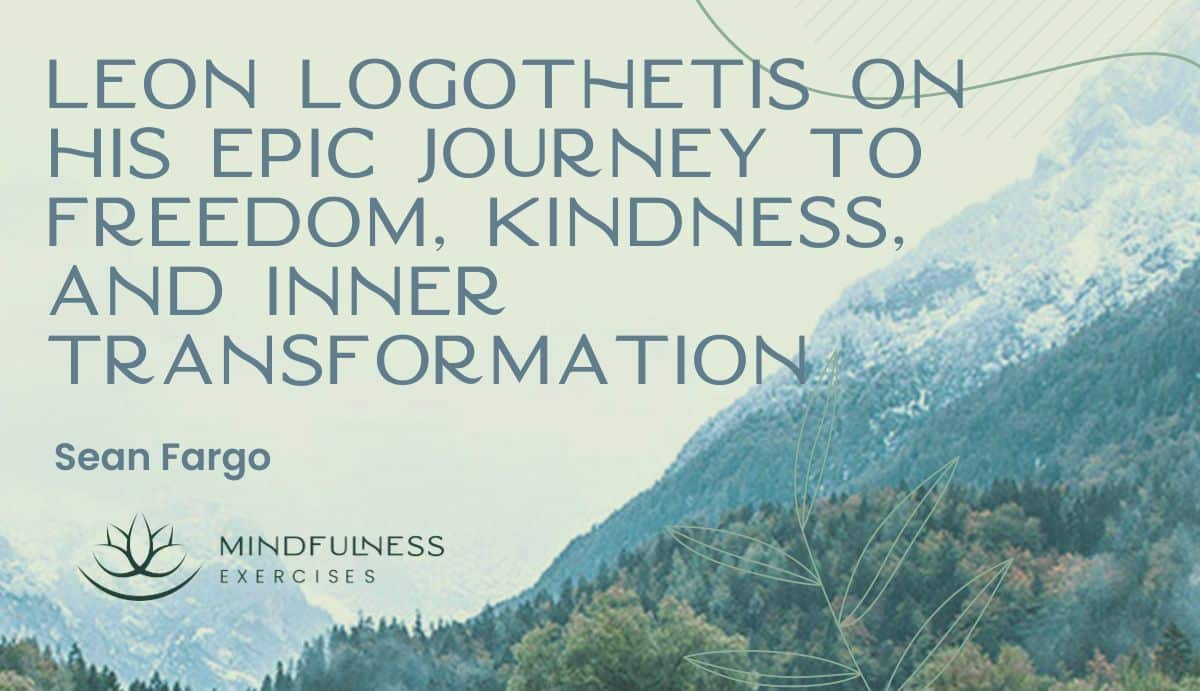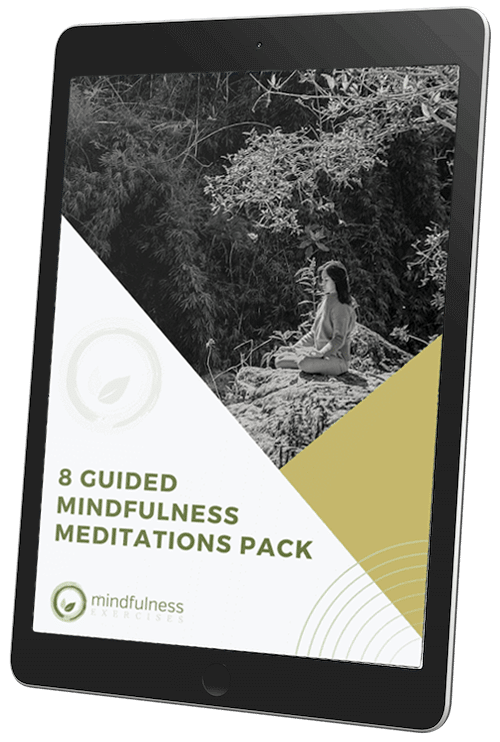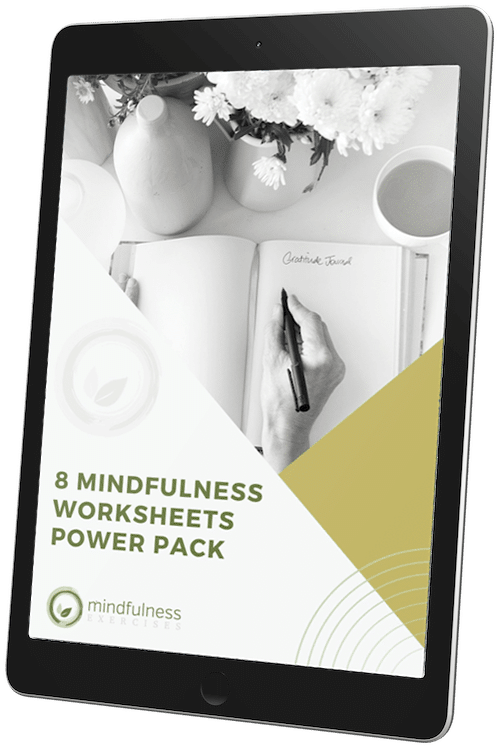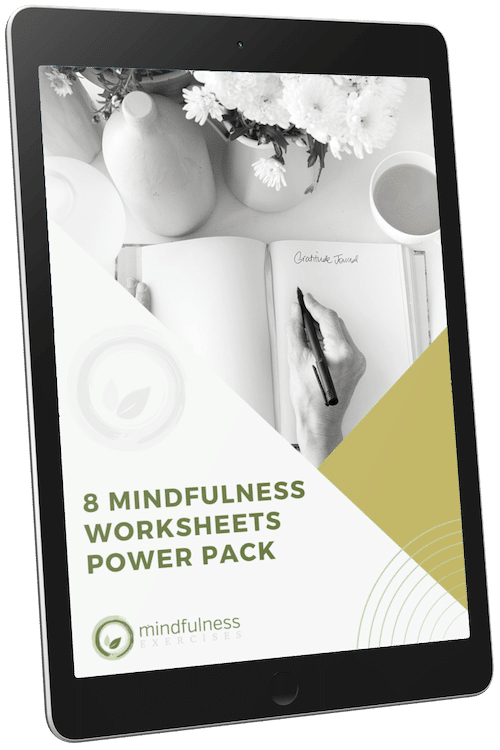Listen now
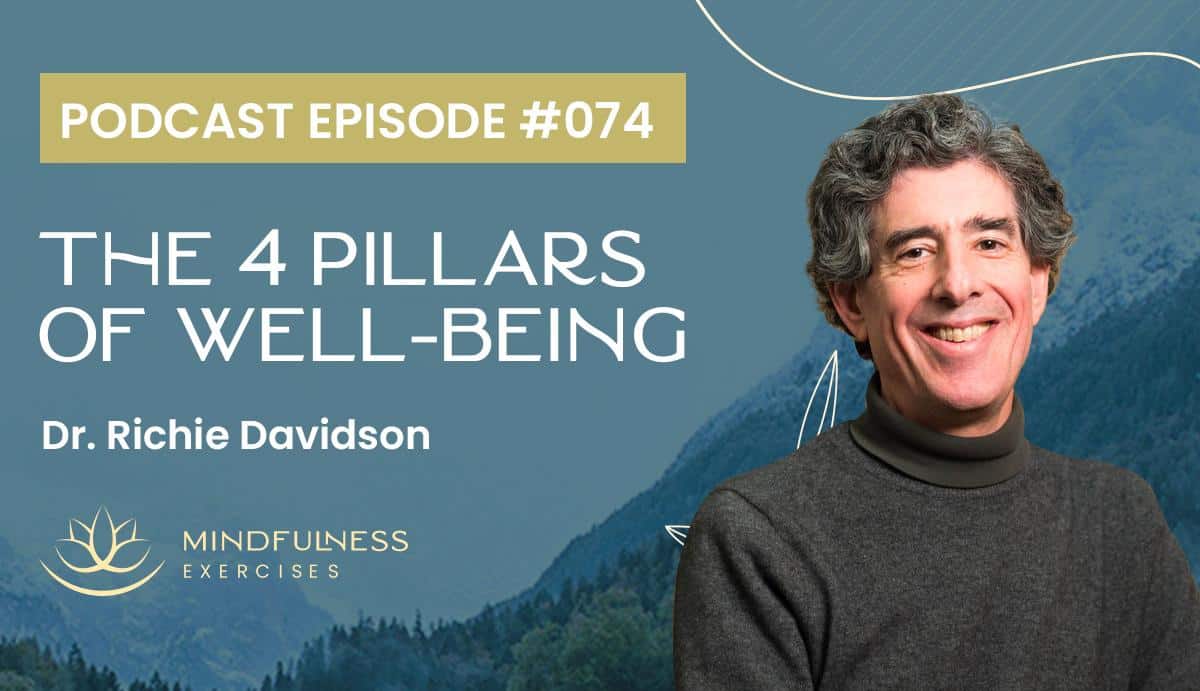
Well-being can be an abstract term. We’ve all heard that things like eating well, exercising and meditating are good for us, but we might be unsure why, or if they even work.
For mindfulness and meditation researcher Dr. Richie Davidson, well-being is a measurable skill. And like any skill, it can be cultivated with practice. Well-being, he says, improves when we train in four specific areas: awareness, connection, insight and purpose.
In this episode, Davidson introduces us to these pillars of well-being that, when nurtured, result in a life of greater comfort, health and happiness. To learn more about the science behind this transformation, listen to his previous episode, #051: The Modern Science of Mindfulness.
Dr. Richard J. Davidson is a research professor of psychology and psychiatry and the Founder and Director of the Center for Healthy Minds at the University of Wisconsin-Madison. His non-profit, Healthy Minds Innovations, uses the discoveries and insights gleaned from research to create tools to help people around the world build skills of well-being.
This talk is a brief excerpt from Dr. Richie Davidson’s guest teacher presentation to those enrolled in our Mindfulness Meditation Teacher Training Program. Learn more about this unique, online, self-paced certification program at mindfulnessexercises.com/certify
What You’ll Learn in This Episode:
Show Notes & Quotes:
Why well-being is best regarded as a skill
Well-being, rather than just an accidental state of body or mind health, is a skill. When we practice the ingredients that comprise well-being, it improves. In this way, it is fundamentally no different than other skills. It is not part of our DNA. In fact, Dr. Davidson reminds us that there are many behaviors that are not part of our genome, and yet we partake in them because they benefit us. So, why not place more effort on intentionally cultivating well-being?
“When human beings first evolved on this planet, none of us were brushing our teeth. And I bet every one of you brushes your teeth. [...] This is not part of our genome, this is a learned behavior. We’ve all learned to do it because it’s important for our personal physical hygiene. And I think most people would agree their minds are even more important than their teeth. And yet vast percentages of the population don’t spend even as much time as they spend brushing their teeth nurturing their mind.”
The two kinds of learning necessary for cultivating a skill
When cultivating a skill, modern neuroscience indicates we must participate in two kinds of learning for enduring transformation to occur. The first is declarative learning. This is learning based on conceptual understanding, the type which is prioritized in our educational system. The second, procedural learning, is based on experiential understanding. This is the embodied wisdom we acquire through practice, and it’s equally important.
“Clearly the cultivation of mindfulness and other constituents of well-being cultivate both the declarative and the procedural aspects of this learning, and both are necessary. You can’t learn to practice mindfulness by simply going to lectures or reading a book. You all know that. And that’s true for all the other ingredients of wellbeing.”
Four key pillars we can cultivate for well-being
Dr. Richie Davidson and his team have identified four key pillars that, when cultivated, result in well-being. They are each supported by a body of scientific evidence that links them to improved quality of life. What’s more, they can each be cultivated with training and practice, and have been for thousands of years via contemplative traditions.
“Mindfulness is obviously a part of this, and a very important part, but it is one part. One of a number of other elements. And so one of the things I’d like to invite you to consider is that while mindfulness is necessary for a healthy mind and for human flourishing, it by itself is not sufficient.”
Awareness and mindfulness as fundamental to well-being
The first of the four pillars of well-being is awareness, the ability to choose where we place our attention. This is where we’d also put mindfulness, or what neuroscientists would refer to as meta-awareness. Mindfulness is the ability to know what our minds are doing, something that may be unique to human beings. Awareness is what makes the other key pillars - connection, insight, and purpose - possible to cultivate.
“The moment we recognize that (the mind has wandered), that’s a moment of meta awareness. It’s a moment of awakening. And this is harnessing a really extraordinary capacity of our minds that we have which is to know what our minds are actually doing. Now lots of other creatures have awareness, but they don’t have meta-awareness. So this is something that is likely very distinctly human and, we think, a condition or a process which underlies all other forms of transformation. You’ve got to have meta-awareness for transformation.”
Cultivating the four pillars is not about fixing
When describing the pillars of insight and purpose, Dr. Davidson reminds us that the goal is not to rid ourselves of our inner voice, nor is it about changing what we’re doing in life. None of us needs fixing, as we are not inherently broken. The practice is to get curious and develop a deep, experiential understanding of who we truly are, and then to nurture that.
“At the very extreme, we know that there are people who have a very negative narrative. They have negative self-beliefs. And they actually hold those beliefs to be a veridical description of who they are. And of course that is a prescription for depression. And so, again, part of well-being is developing a healthy relationship to this narrative.”
The critical practice of bringing back a wandering attention
Dr. Davidson mentions a 2010 study that found that at any given moment, roughly 47% of us are not paying attention to what we are doing. Improving upon this statistic, even if just a little bit, would change our world. All it would take is a little training. Davidson shares a quote from the 19th century American psychologist William James, who describes improving the faculty of bringing back a wandering attention as ‘the education par excellence.’
“The fact that we don’t bring (educating attention) systematically into our schools is nothing short of criminal. This is a moral issue. We need to educate our children in this way, because educating attention is critical for everything else. And, we know how to do it, at least to some extent. So, this is something really central.”
The most effective meditation you can possibly do
We know from neurological studies that different meditations have different effects on the brain and body. Each of the four pillars of well-being has a specific meditation practice that enhances it. Connection, for example, is enhanced by meditations on empathy and compassion while analytic meditation is particularly useful for cultivating insight. However, the best meditation is the one you are most likely to practice consistently - even if the style you practice changes from week to week, or over the course of a lifetime.
“Ultimately, really, what’s important is that whatever it is that you do, that you do it on a consistent basis. That is really important. [...] And one of the things, to remind all of you, is that please, consider going beyond simple, straight-forward mindfulness practices. There are other [...] near-neighbors to mindfulness practices and with mindfulness, together, they can be, I think, even more helpful.”
Additional Resources:

About Dr. Richie Davidson:
Dr. Richard J. Davidson is a research professor of psychology and psychiatry and the founder & director of the Center for Healthy Minds at the University of Wisconsin-Madison. Dr. Davidson is a close friend of His Holiness the 14th Dalai Lama, who he credits for inspiring him to apply the tools of modern neuroscience to better understand positive traits such as kindness, compassion and happiness.
Dr. Davidson is best known for his studies on emotion, mindfulness and the brain. He has published over 400 research articles, edited 14 books, and authored 2 books of his own, “The Emotional Life of Your Brain” and “Altered Traits: Science Reveals How Meditation Changes Your Mind, Brain, and Body.” In 2000, he was the recipient of the American Psychological Association’s most distinguished award for scientific contribution. In 2006, Time Magazine named him among the world’s 100 most influential people.
Dr. Davidson is the founder of Healthy Minds Innovations, which translates science into tools to cultivate and measure well-being. The non-profit takes the discoveries and insights gleaned from the Center for Healthy Minds and translates them into tools that help people around the world build skills of well-being.

